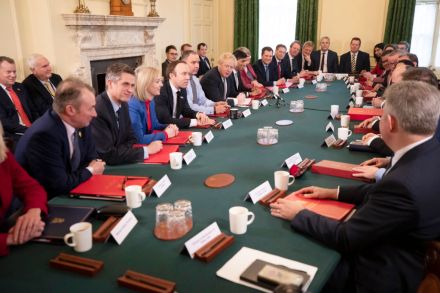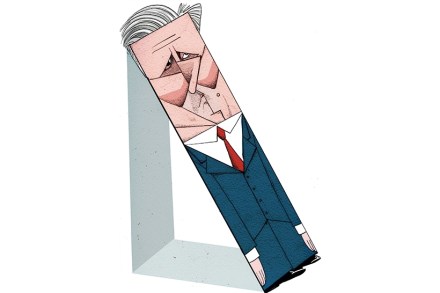The case for trusting the public is stronger than ever
Our Plan is entirely new, comprising – 1. The whole News of the Week: selected, sifted, condensed and arranged as to be readable throughout. 2. A full and impartial exhibition of all the leading Politics of the Day. 3. A separate Discussion of Interesting Topics of a general nature, with a view to instruction and




















